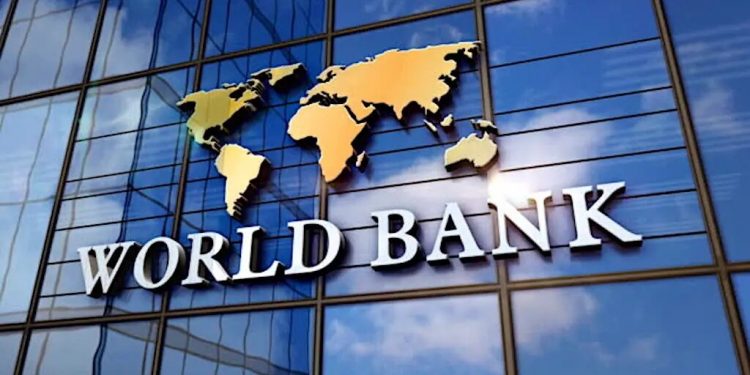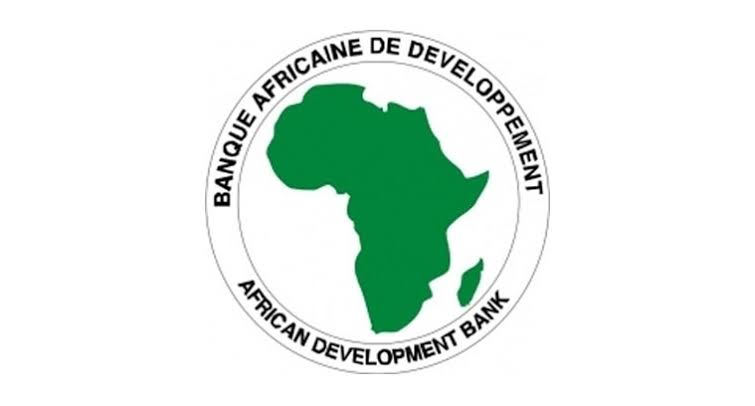The World Bank has cautioned that the lower-than-average growth in Nigeria will hinder the economic performance of the sub-region, according to its report on the economic outlook of Western and Central Africa.
The Washington-based lender outlined that economic activities in the sub-region were projected to increase from 3.2 percent in 2023 to 3.7 percent in 2024, with further acceleration to 4.2 percent in 2025–2026. However, the sub-region’s performance is expected to be restrained by the lower growth rate in Nigeria. Excluding Nigeria, the sub-region is forecasted to grow by 4.4 percent in 2024 and 5 percent in 2025–2026.
The report highlighted that economic activities in the West African Economic and Monetary Union were anticipated to rise by 5.9 percent in 2024 and 6.2 percent in 2025, primarily due to solid performances in countries such as Benin, Côte d’Ivoire, Niger, and Senegal.
For Nigeria specifically, the World Bank projected growth at 3.3 percent in 2024 and 3.6 percent in 2025–2026, as macroeconomic and fiscal reforms gradually yield results. It noted expectations for stabilizing the oil sector with a recovery in production and slightly lower prices.
The report emphasized the need for structural reforms to foster higher growth, highlighting that average inflation would remain elevated at 24.8 percent in 2024 but is expected to gradually ease to 15.1 percent by 2026.
Regarding Côte d’Ivoire, economic activities were forecasted to improve by 6.6 percent in 2024 and remain firm at 6.5 percent in 2025–2026, with support from a more accommodative monetary policy and rising oil production and exports.
The report underscored the challenges facing Sub-Saharan Africa, including high levels of extreme poverty, inequality, and insufficient transmission of growth to poverty reduction. Despite efforts, economic expansion in the region remains below the growth rate of the previous decade, which has limited its impact on poverty reduction.










